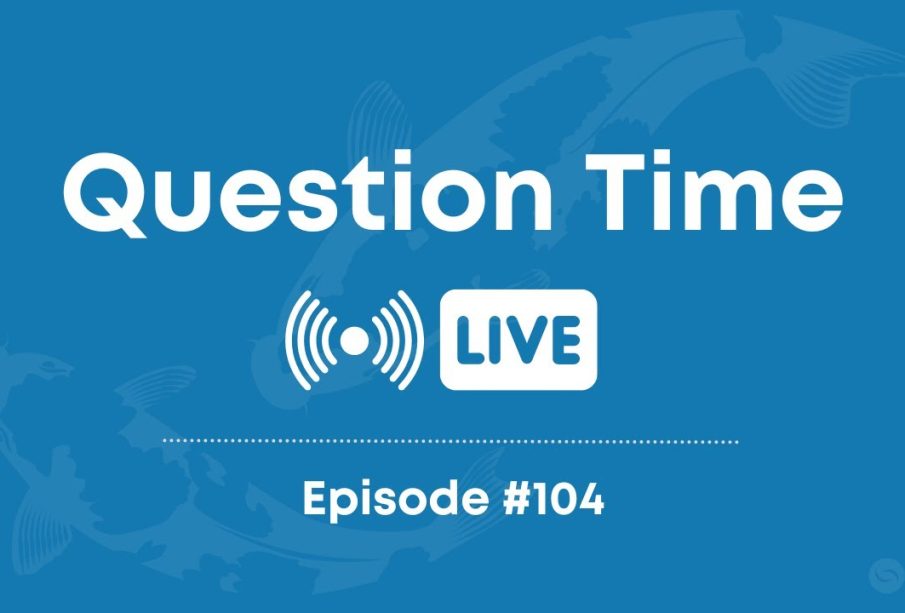Understanding Question Time in the UK Parliament

Introduction to Question Time
Question Time is a crucial aspect of the UK’s parliamentary system, providing a platform for Members of Parliament (MPs) to hold the government accountable. It is essential not only for transparency but also for fostering public engagement with politics. In a landscape where voter apathy is common, Question Time serves as a vital reminder of the democratic processes at play.
The Structure of Question Time
Held typically at the beginning of each parliamentary sitting day, Question Time allows MPs to pose questions to government ministers. The Prime Minister’s Questions (PMQs) occur every Wednesday and are particularly notable for their lively exchanges. During PMQs, the Prime Minister is questioned about current political issues, policy decisions, and recent events. Additionally, each government department has its own designated Question Time, allowing MPs to scrutinise specific areas of governance.
Recent Developments
On 4 October 2023, during the latest session of PMQs, Prime Minister Rishi Sunak faced intense questioning regarding the government’s stance on healthcare funding amid ongoing national concerns over NHS waiting times. MPs from various parties raised urgent questions about the sustainability of the health system, touching on a subject increasingly significant in public discourse. This example illustrates the real-time relevance of Question Time as a means of reflecting constituents’ concerns.
Impact on Political Engagement
Question Time has significant implications for political engagement in the UK. A recent YouGov poll indicated that 67% of respondents believe that parliamentary questioning plays a vital role in maintaining government accountability. Furthermore, these sessions attract media attention, inciting public interest and often landing key political issues in the national spotlight. However, critics argue that the often combative nature of PMQs can deter constructive debate, leading to a perception of politics as a contest rather than a collaborative process.
Conclusion: The Significance of Question Time
As political landscapes continue to evolve, Question Time remains a cornerstone of UK democracy. It not only serves its purpose by ensuring ministerial accountability but also stimulates public discourse on critical issues. The combination of immediate response opportunities for MPs and the public scrutiny that follows enables a dynamic dialogue concerning governance in the UK. Therefore, understanding Question Time is essential for anyone interested in the mechanisms of political engagement, allowing the public to engage with and influence their representatives effectively.









